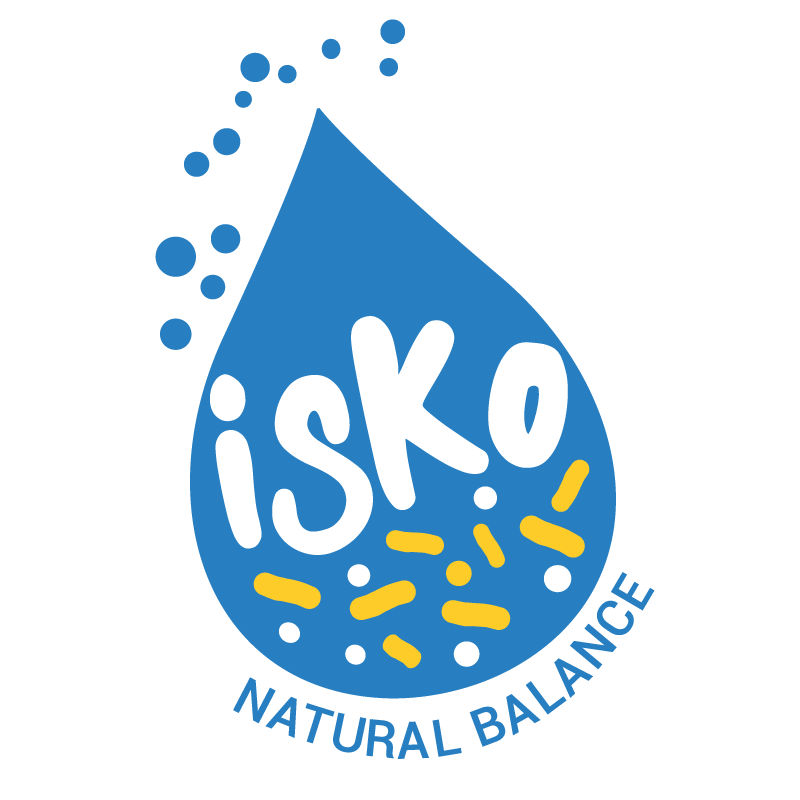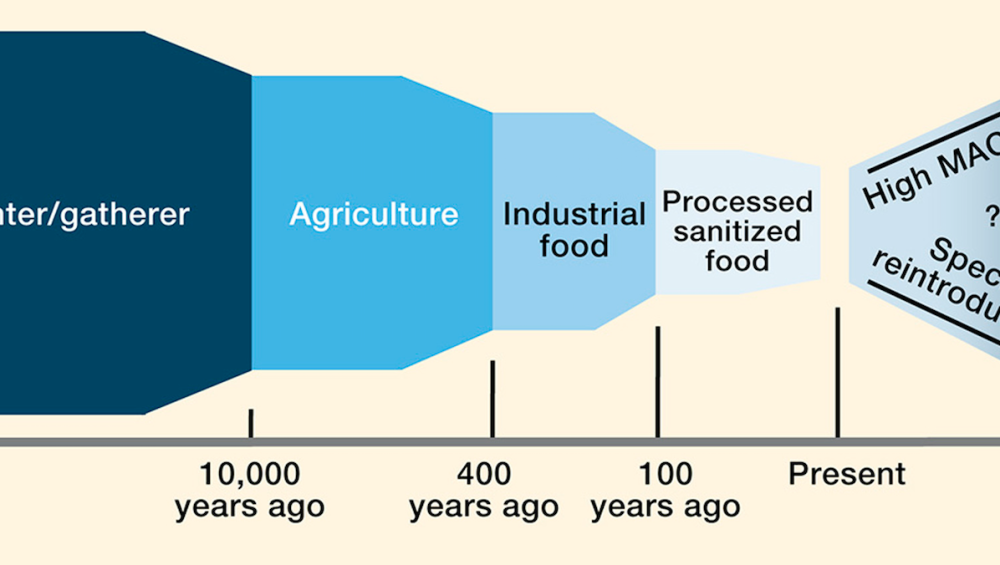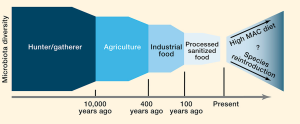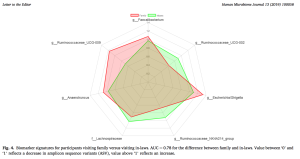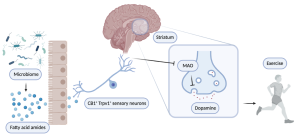The decline of microbial diversity
The richness of our gut microbiome depends on the quality of our diet. A diet poor in “food” for these microorganisms, typically fibers or other fermentable carbohydrates, automatically leads to a decrease in microbial diversity. By taking advantage of the decline of certain populations of microorganisms, others will take over and proliferate more. When this situation becomes chronic, we speak of dysbiosis, or disruption of the microbial ecosystem.
On the other hand, if our microbial populations receive a diversity of nutrients and fermentable elements, each subgroup of microorganisms can be maintained stable relatively to others. In this case, many subgroups of bacteria and yeasts coexist, and that’s what we want for our intestines!
This simplistic view summarizes very well the evolution of microbiomes in humans: our food is getting very standard, and there are observable consequences on our microbiomes. This hypothesis, based on scientific data, is summarized in the diagram below where we can see the decrease in diversity of the microbiome over history. (Original article: “Starving our microbial self: the deleterious consequences of a diet deficient in microbiota-accessible carbohydrates,” ED Sonnenburg, Cell Metabolism 2014)
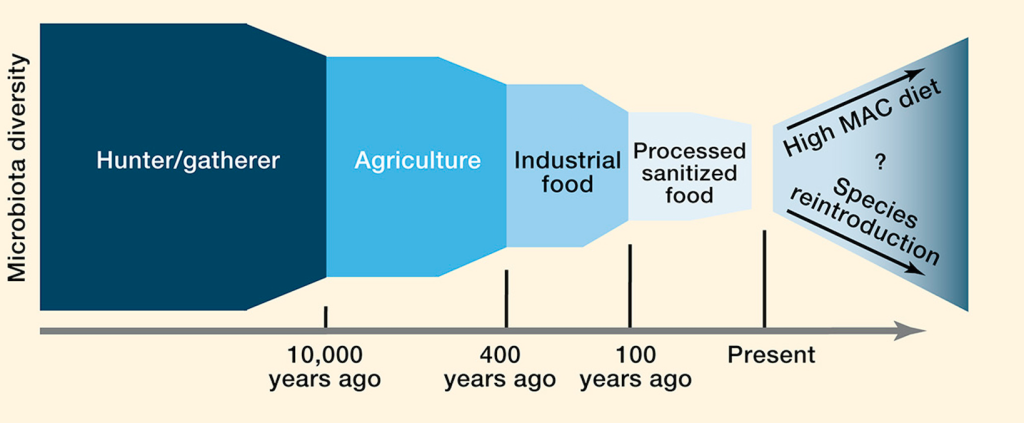
Does a loss of diversity pose a problem?
The question is less trivial than it may seem.
Do we have fewer microbes in out guts because we are eating cleaner food? Are them fewer, but better adapted to us? (…) There are a multitude of questions to which we do not know all the answers. However, we also have a lot of certainties about the microbiome and health.
We know that a microbiome rich in subgroups will leave less room (ecological niches) for pathogenic species. We know that these rich ecosystems are more resilient to changes and less inclined to shift into a state of dysbiosis. Furthermore, we also know that certain disturbances in the composition and function of the microbiome can lead to chronic diseases, such as obesity, type 2 diabetes, cardiovascular diseases, inflammatory bowel diseases, and even cognitive decline. Indeed, studies suggest the importance of a “good” intestinal microbiome for healthy aging!
So yes, a loss of diversity in our microbiomes poses a major public health problem.
Why do we talk about fermented foods in this context?
As said, a heathy diet is composed of many types of foods. This diverse and rich diet as a very positive impact on the gut microbiome, unfortunately many of us don’t follow it as, let’s be frank, it’s not that easy to actually do it at home.
Fermented foods complement your diet with prebiotics and probiotics. That is, you are providing your microbial ecosystem with food and live strains that will promote diversity. These fermented foods are found in many traditional cuisines and are often considered as superfoods. By having these benefits in a drink, you can easily implement it in your daily habits, specially when you like it. We have launched two flavors in our kefirs but more are to come!
ISKO team
